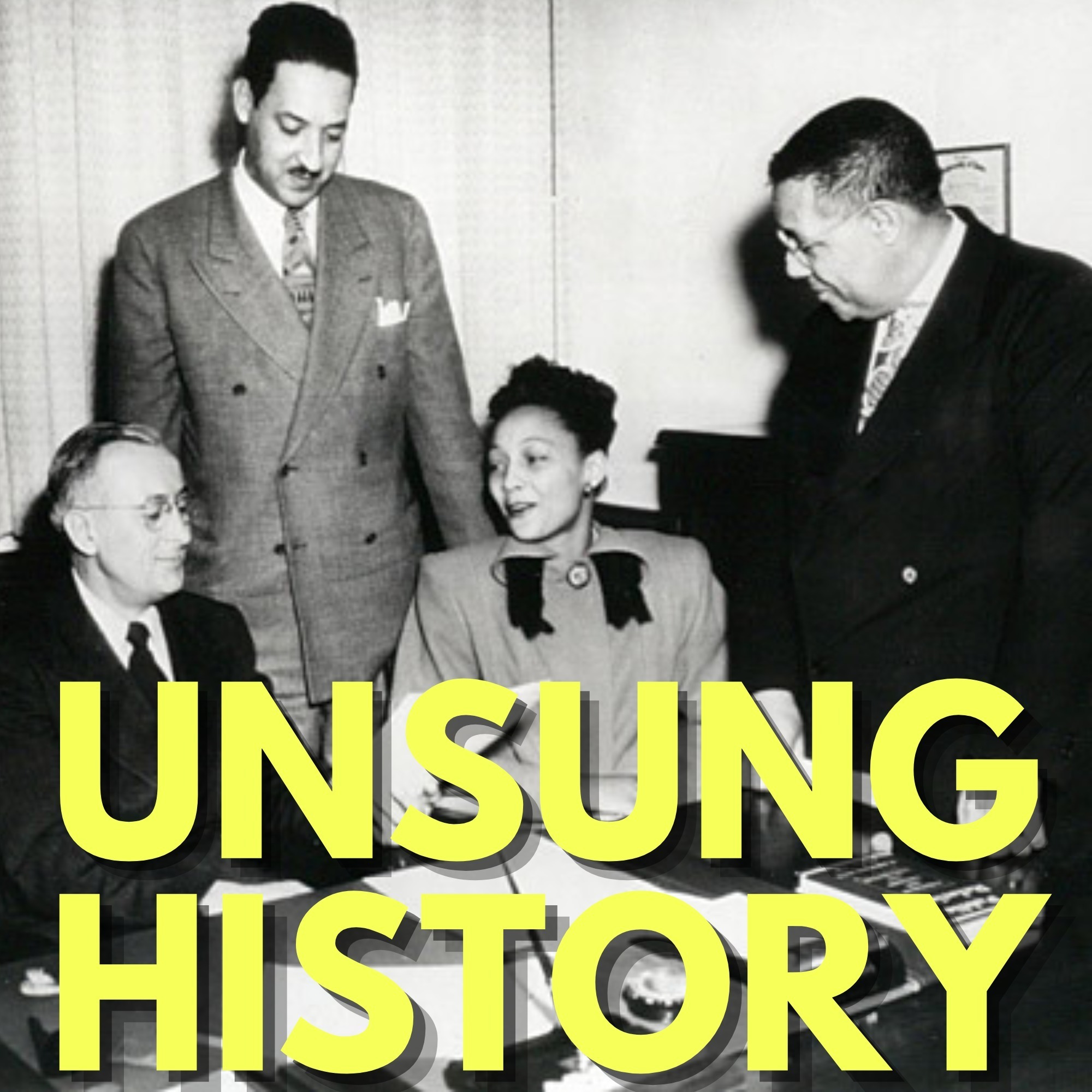
Harvard Agrees to Return Historic Photographs of Enslaved Individuals in Landmark Settlement

Tamara Lanier’s Legal Victory Over Harvard and the Repatriation of Historic Daguerreotypes
Tamara Lanier, a descendant of enslaved individuals, has successfully concluded a lengthy legal battle against Harvard University for the ownership of 15 daguerreotypes. These historic photographs, held by Harvard’s Peabody Museum of Archaeology and Ethnology, depict Lanier’s ancestors, Renty and Delia, who were enslaved in South Carolina. Commissioned by Harvard professor Louis Agassiz in 1850 and photographed by Joseph T. Zealy, these images were created to support erroneous theories of racial superiority.
Lanier’s discovery of these images and her subsequent genealogical research confirmed their connection to her family. Since her initial request in 2017 for the return of the photographs was denied by Harvard, a legal journey ensued, with the school contesting Lanier’s claims and maintaining ownership rights. However, a crucial ruling in 2022 allowed Lanier to continue her suit on the grounds of emotional distress caused by Harvard’s use of the images.
The recent settlement results in the anticipated transfer of the photographs to the International African American Museum in Charleston, South Carolina. Lanier heralded this outcome as a victory for reparations and a significant moment in American history, emphasizing the importance of ethical stewardship and the recognition of descendant voices.
Lanier’s legal team, including Ben Crump and Josh Koskoff, celebrated the settlement’s timing and implications amid ongoing discussions about institutional accountability and racial justice. This case received widespread attention, with endorsements from prominent scholars and media coverage by platforms like Hyperallergic.
Lanier’s fight has been chronicled in her memoir, “From These Roots,” reflecting her dedication to preserving and honoring her family’s legacy. The resolution of this case underscores a broader call for institutions to take actionable steps in addressing historical injustices.